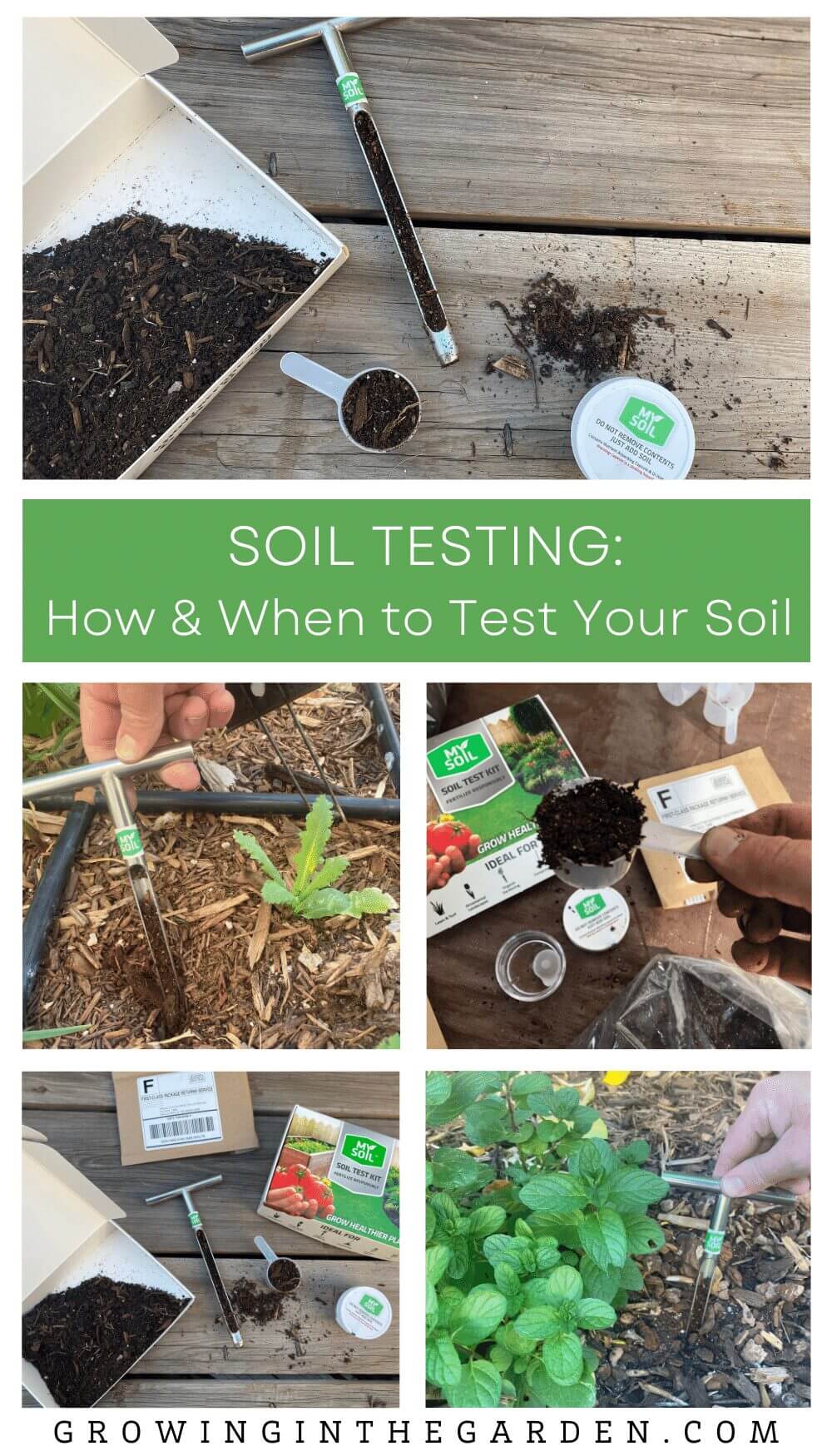Introduction
Testing your vegetable garden soil is a crucial first step toward growing healthy, productive plants. Understanding the soil’s nutrient content, pH level, and texture helps gardeners make informed decisions about fertilization, soil amendments, and crop selection. This article provides expert guidance on how to test vegetable garden soil effectively, interpret the results accurately, and take actionable steps to improve your garden’s soil health.
Why Test Vegetable Garden Soil?
Soil testing offers several benefits that directly impact vegetable garden success:
- Nutrient Assessment: Determines if your soil has adequate levels of nitrogen, phosphorus, potassium, and other essential nutrients.
- pH Level Insight: Reveals soil acidity or alkalinity, which affects nutrient availability to plants.
- Soil Texture and Structure: Helps you understand drainage and aeration qualities.
- Problem Detection: Identifies potential issues like soil contamination or imbalances.
Regular soil testing ensures you apply the right amendments, preventing over-fertilization or nutrient deficiencies that can stunt vegetable growth or reduce yield.
How to Collect Soil Samples for Testing
Accurate soil testing begins with proper sampling:
- Gather Tools: Use a clean spade, trowel, or soil probe, and a clean bucket.
- Sample Multiple Spots: Collect soil from 10-15 locations within your vegetable garden to get a representative sample.
- Depth Matters: Dig 6 to 8 inches deep, the root zone for most vegetables.
- Mix Samples: Combine the soil in your bucket and mix thoroughly.
- Dry and Package: Air dry the soil, then place about 1-2 cups into a clean container or bag for testing.
Avoid sampling near compost piles, fertilizer spots, or pathways to prevent skewed results.
Types of Soil Tests for Vegetable Gardens
There are several soil test options tailored for gardeners:
1. DIY Soil Test Kits
- Pros: Affordable, quick results, easy to use.
- Cons: Limited accuracy and nutrient range.
- Use: Good for basic pH and nutrient checks.
2. Laboratory Soil Testing
- Pros: Highly accurate, detailed nutrient profile, recommendations included.
- Cons: Costs more, longer turnaround.
- Use: Best for comprehensive analysis and precise fertilization plans.
3. Professional Soil Consultants
- Pros: Expert interpretation, tailored advice.
- Cons: Higher cost.
- Use: Ideal for large or commercial vegetable gardens.
Interpreting Soil Test Results
Understanding your soil test report is key to making effective improvements:
- pH Level: Optimal vegetable garden pH ranges from 6.0 to 7.0. Below 6.0 indicates acidity; above 7.0 indicates alkalinity.
- Macronutrients: Nitrogen (N), Phosphorus (P), and Potassium (K) levels guide fertilizer choice. Deficiencies may require specific amendments.
- Micronutrients: Elements like calcium, magnesium, and iron affect plant health.
- Organic Matter: Higher organic matter improves soil structure and nutrient retention.
Consult extension service guidelines or soil testing labs for specific amendment recommendations based on your results.
Practical Tips to Improve Your Vegetable Garden Soil
After testing, take these actionable steps:
- Adjust pH: Use lime to raise pH or sulfur to lower it, based on recommendations.
- Add Fertilizers: Apply balanced or targeted fertilizers to address nutrient deficiencies.
- Incorporate Organic Matter: Compost or well-rotted manure enriches soil texture and fertility.
- Practice Crop Rotation: Prevent nutrient depletion and soil-borne diseases.
- Mulch Regularly: Conserves moisture and adds organic material.
Monitoring soil health annually ensures your vegetable garden thrives year after year.
Conclusion
Testing vegetable garden soil empowers you with the knowledge to optimize growing conditions and maximize harvests. By collecting representative samples, choosing the right testing method, and accurately interpreting results, you can tailor soil amendments to your garden’s unique needs. Regular soil testing combined with practical soil management practices builds a healthy foundation for vibrant, nutritious vegetables. Start testing your garden soil today to unlock its full potential and enjoy fruitful gardening seasons ahead.
